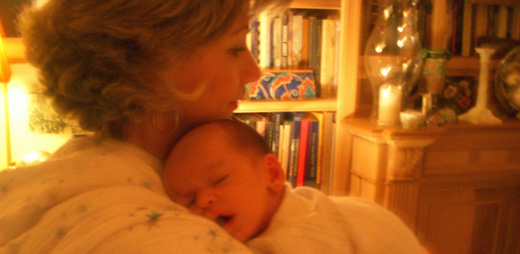
Is that my problem? I saw America first. Almost all of it, by the time I went to boarding school in 1963. Everything but the Old South and Arizona (and the two new states). Wasted, all of it was, on someone who responds to “natural wonders” in a decidedly pre-Romantic manner. Show me a majestic mountain range, and I’ll show you an obstruction. Show me Manhattan’s skyline, and I’ll show you a majestic mountain range.
“America the Beautiful”? Either I’m crazy or they’re crazy. I panted to go to Europe because I believed that there were beautiful things there. As indeed there are. Grosvenor Square (with your back to the Embassy). Wilton Crescent. Not every square inch of Paris is beautiful, certainly (the Champs-Elysées is rather a shock, if you’re not looking straight ahead), but most of it is either lovely or interesting. A lot of New York is interesting, but hardly any of it is genuinely beautiful. The Empire State Building, for example — it’s the perfect skyscraper, and I love it to pieces. But beautiful? It’s too big to be beautiful.
New York is better at jolie laide. The Plaza and the Dakota, both designed by Henry Janeway Hardenburgh. The central block of the Metropolitan Museum of Art is uglier every time I look at it. The scale is so off! Or, rather, there are two scales. The pillars and the portals belong to different designs. I’m not saying that I wouldn’t trade it in for the Sully Wing, but I wouldn’t tear it down, either.
Lake Louise, the most beautiful spot that I have ever visited on this side of the Atlantic (or the Pacific), is not in the United States. But even if it were, I have to tell you that I’ve no need to see it again: its beauties were perfectly captured in Springtime in the Rockies, probably because Daryl Zanuck made sure that they were. I’m content to watch the movie. When, by the way, will it come out on DVD? Probably never, now. Thank you, Steve Jobs.
Don’t you wonder, whenever you find yourself on Michigan Avenue in Chicago, why somebody decided to build a really big Cannes on the wrong side of the Arctic Circle? That’s the United States for you. Everyone says, brave new world. We left the Old World behind. To which I say, ha. Or, rather, Washington, DC.
As you can see, I can’t bring myself to talk about the natural wonders. Such as Mount Rushmore! I saw Mount Rushmore once. I had already seen North By Northwest, though. Actually standing by those dinky telescopes on a hot summer afternoon was a whole lot less interesting without Cary Grant and Leo G Carroll, let me tell you. I had a lot more fun the previous summer when I stayed, with my parents, at the Ambassador East in Really Big Cannes. It was a lot easier to imagine Cary Grant and Eva Marie Saint in the deeply piled corridors of the Ambassador East Hotel than it was at a scenic outlook below Mount Rushmore.
I would not by any means call myself a people person, but I have absolutely no interest in rocks or the plants that like to grow on them — excepting, of course, the granite outcrops that bind Manhattan to the Westchester of my childhood. Them I like. Come to think of it, they must have been Henry Janeway Hardenburgh’s principal inspiration, working at a deeper inspirational level than the language of equally metamorphic Beaux Arts ornament that clads his famous façades.
Anyway, I saw America first, and I don’t recommend it. Remember that Peggy Lee song, “Is That All There Is?” I was singing it at fifteen. Happily, the answer was “no.”




















